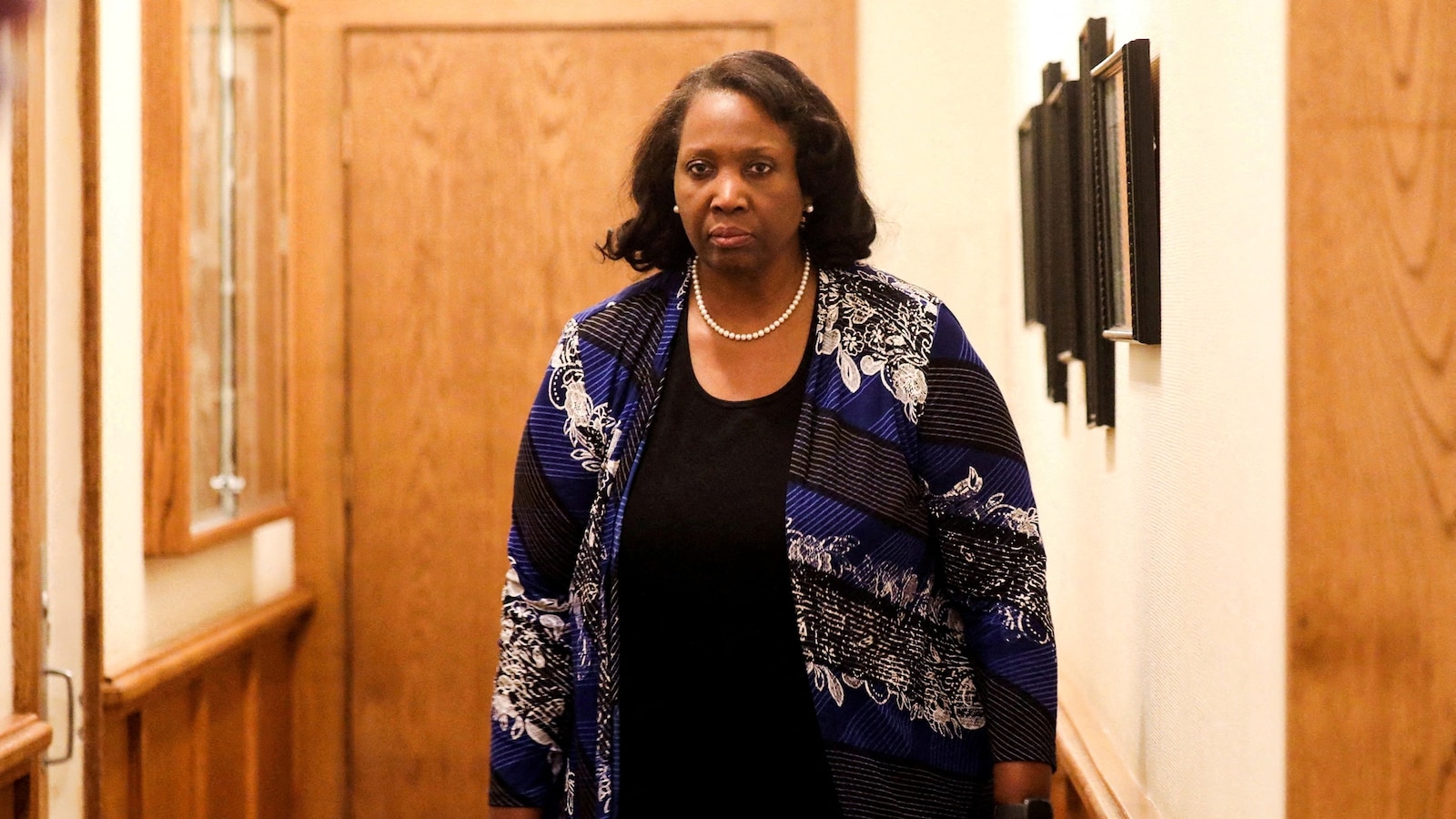Trump Turns to Supreme Court in Bid to Oust Fed Governor Lisa Cook: A Test of Central Bank Independence
In an unprecedented escalation of executive authority, President Donald Trump has petitioned the U.S. Supreme Court to lift lower court orders blocking his removal of Federal Reserve Governor Lisa Cook, marking a direct challenge to the central bank’s cherished independence. The emergency filing, submitted by Solicitor General D. John Sauer on September 18, 2025, argues that courts have overstepped by reinstating Cook, who Trump fired on August 25 over unproven allegations of mortgage fraud. This comes just one day after the Fed, with Cook voting, cut interest rates for the first time since December, signaling potential further easing amid cooling inflation.
Cook, the first Black woman to serve as a Fed governor and a Biden appointee with a term extending to 2038, swiftly sued the administration, claiming the dismissal violates the Federal Reserve Act’s “for cause” removal provision and her Fifth Amendment due process rights. U.S. District Judge Jia Cobb, a Biden appointee, sided with her on September 10, issuing a temporary injunction that deemed Trump’s fraud claims—alleging she falsely listed two homes as primary residences for better loan terms—insufficient grounds. An appeals court upheld this 2-1 last week, allowing Cook to participate in the rate decision despite a dissent from Judge Gregory Katsas, who argued the president had cited valid conduct-related cause.
Sauer lambasted the rulings as “improper judicial interference” with presidential removal powers, asserting Cook lacks a protected property interest in her role and that her alleged misconduct disqualifies her from influencing monetary policy. “The Federal Reserve Board plays a uniquely important role… only heightens the interest in ensuring an ethically compromised member does not continue wielding its vast powers,” he wrote, framing the case as a matter of public trust rather than policy disputes. The administration maintains the firing was lawful, with no charges filed against Cook, who denies wrongdoing through her attorney, Abbe David Lowell.
Fed’s Autonomy on the Line: Historical Precedent and Economic Stakes
This showdown tests the boundaries of the 1913 Federal Reserve Act, which insulates governors from at-will dismissal to prevent political meddling in economic decisions. No president has ever successfully removed a Fed board member, and success here could erode the institution’s firewall, allowing Trump to reshape the seven-member board toward his preference for aggressive rate cuts—a stance he’s long voiced against Chair Jerome Powell’s “bonehead” policies. Critics, including Democrats like Sen. Elizabeth Warren, decry it as an “illegal scapegoating” to bully the Fed into pro-growth moves, potentially spiking inflation or market volatility if independence falters.
The Supreme Court, which in May distinguished the Fed as a “quasi-private entity” in a related case on agency firings, may act swiftly—possibly by next week—on the emergency stay request. For now, Cook remains on the board, but the outcome could redefine executive oversight of America’s economic engine, with global markets watching closely amid ongoing uncertainties.
